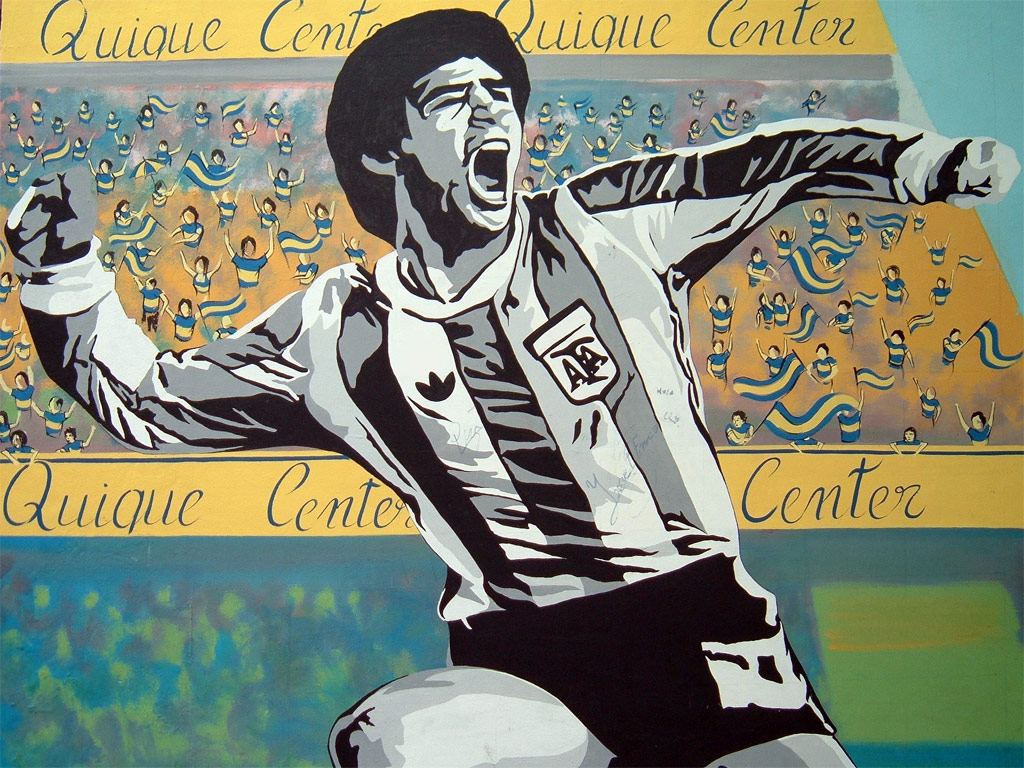Views expressed in opinion columns are the author’s own.
The death of soccer great Diego Maradona was felt around the world, and Argentines mourned the loss of one of their national treasures. Very quickly and predictably after his death, article after article was published, glorifying his life. It makes sense the media would broadcast the death of someone who held such a public presence, but the over-glorification needs to stop.
We have seen this happen before, from Michael Jackson’s death in 2009 to Sean Connery’s death in October. Jackson has had multiple allegations of sexual abuse. Connery was accused by his first wife of verbal and physical abuse, and he was even recorded saying it is OK to slap women in certain situations.
After both Jackson and Connery died, headlines depicting their tragic but successful lives were endless. When I pointed out the many ways in which both actors severely damaged the people in their lives, I was met with vague statements such as “they were flawed humans” or “you have to separate their talent from what they did.”
I have a very difficult time viewing Diego Maradona, Michael Jackson, Sean Connery and the countless other public figures who caused a lot of damage as simply flawed humans. Flaws are imperfections that everyone has. Sexual assault and physical abuse are more than just character flaws — they speak to who you are as a person.
Celebrities should be held to an even greater moral standard when they pass because of their global presence. Given their influence, they should act with a heightened degree of responsibility, as their actions have the potential to impact more than just the people around them.
Maradona was a supporter of Nicolás Maduro’s authoritarian regime in Venezuela, which has frequently violated human rights, and he was accused of sexually assaulting a journalist in 2017 and physically assaulting his former girlfriend and soccer player Rocio Oliva. Domestic abuse and sexual assault in particular are frequently overlooked in the passing of celebrities. And I have yet to see mention of Maradona’s support for Maduro, which renders invisible the lives of those suffering at the hand of the regime.
Maradona was more than just a flawed human. He was a bad person. Taking in his very dark life, I find it close to impossible to separate who he was from his skills on the pitch.
His story of rising from the slums of Argentina to international fame does not inspire me. I understand that any normal person would not be able to cope with such a drastic change or the pressures of fame, but it doesn’t serve as a sufficient excuse for the ways he hurt people in his life and around the world.
We need to admit to ourselves that some of our favorite actors and athletes are not good people. It’s time to stop glorifying public figures like Maradona, even after their deaths.
Laura Phillips-Alvarez is a junior anthropology and government and politics major. She can be reached at lauraphillipsalvarez@gmail.com.



